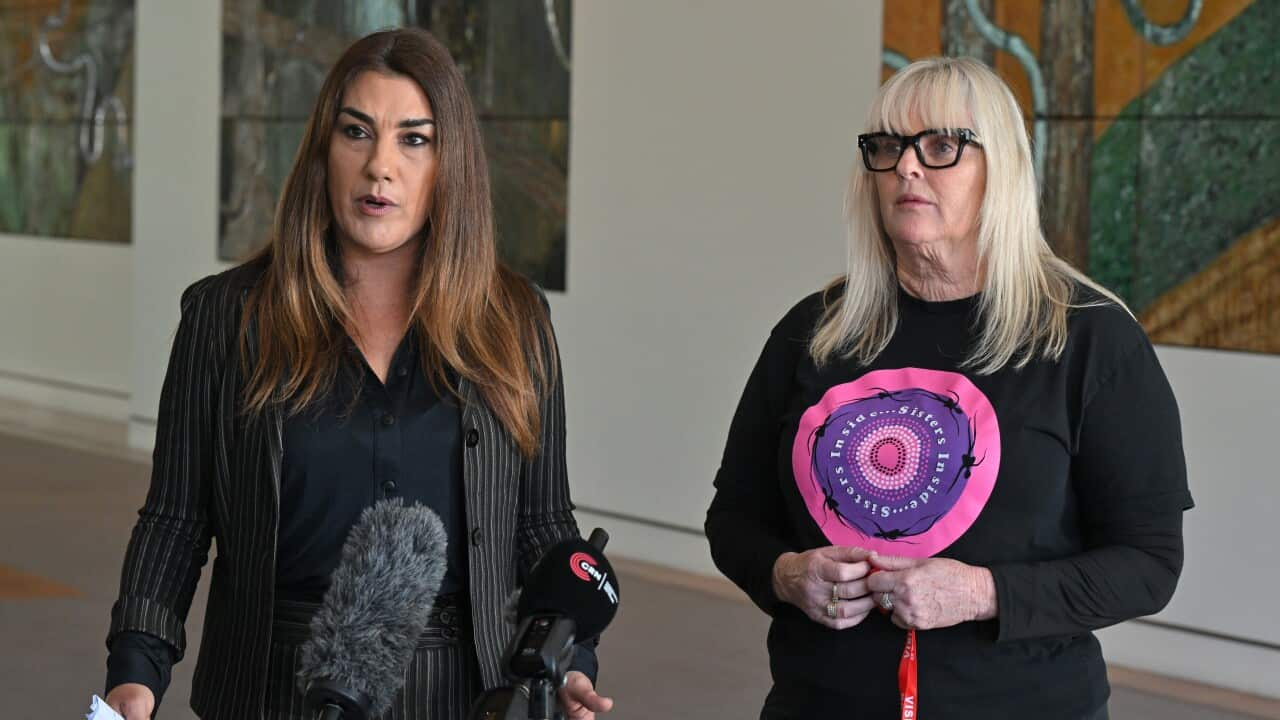First Nations women have banded together to demand action from the government on the treatment of Indigenous women in prisons.
On Wednesday, former prisoners and community groups shared stories at a roundtable held in the Senate committee room of Parliament House in Canberra.
Independent community organisation Sisters Inside told the Truth Telling Yarns: Women in Prison roundtable on Wednesday that Indigenous women were deprived of human rights in prison.
First Nations communities needed to be given the power to help their own people, the group’s chief executive Debbie Kilroy said.
“Communities need to be re-imagined by themselves to build modes of safety and security without any castle (law enforcement) tentacles,” Ms Kilroy said.
“It’s about addressing harm that’s been perpetrated, particularly against Aboriginal and Torres Strait Islander women in this country since the invasion and ongoing genocide.”
Indigenous women and girls are likely the most imprisoned female group in the world, with Australian Bureau of Statistics figures showing they account for two in five incarcerated in Australia.
First Nations women account for more than 40 per cent of the incarcerated women population, with over 80 per cent of them being mothers.
The incarceration of Indigenous women was described by those in attendance as a “crisis”, and likened to the Stolen Generations with many jailed mothers denied custody of their children.
One formerly detained woman told the roundtable that on the day she was released, her baby was taken away and put into child protection.
Among the roundtable’s speakers was senator Lidia Thorpe, a Gunnai, Gunditjmara and Djab Wurring woman who said jail and police were not the answer.
“Communities can self-determine their own destiny, their own solutions,” said Senator Thorpe, who co-chaired the discussion with senator Fatima Payman and MP Bridget Archer.
The need for community-based intervention programs was highlighted in a report released by the Justice Reform Initiative in March.
The Jailing is Failing report pointed to research showing early intervention programs could reduce offending among at-risk populations by 50 per cent, stopping them from becoming entangled in the justice system.
Ms Kilroy said enough is enough on the government’s inaction.
“We just need a government that has got the guts to put their money where their mouth is and actually act,” she said.
